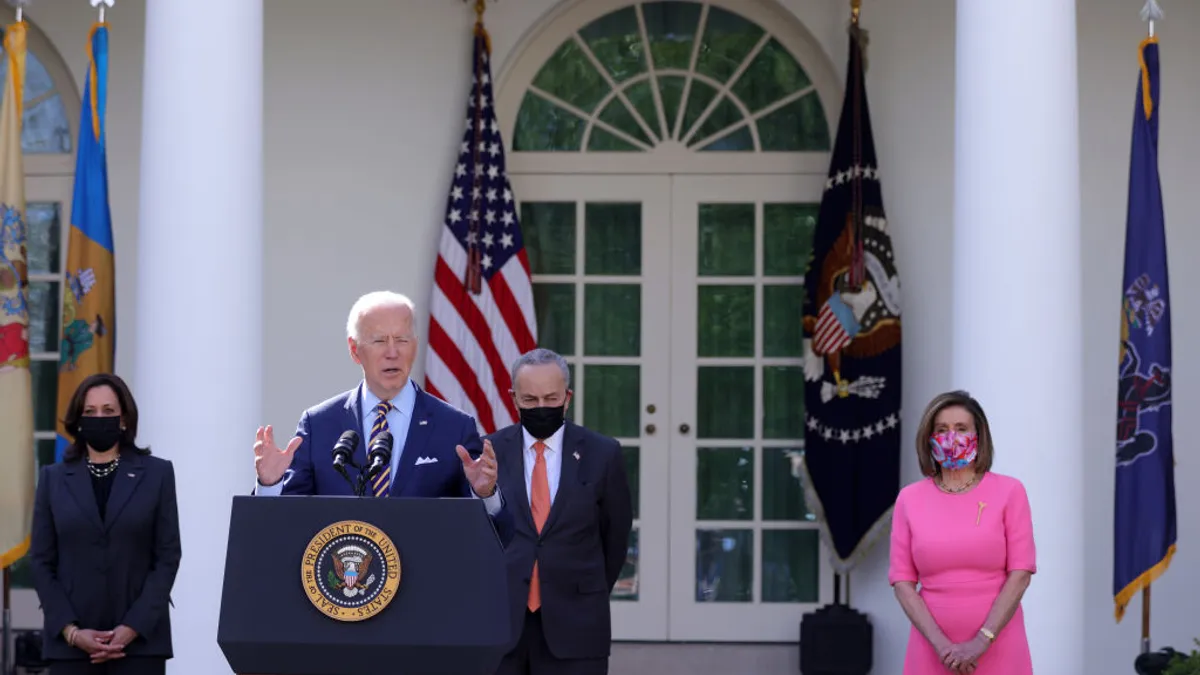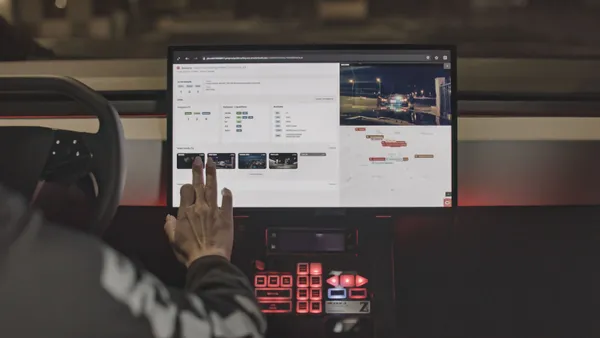Dive Brief:
- A public-private partnership (P3) of nonprofit US Ignite and Northeastern University is seeking applications to operate up to two more Platforms for Advanced Research (PAWR) testbeds.
- In April, the group announced the first two PAWR testbeds for New York City and Salt Lake City, with financial backing from the National Science Foundation and 28 industry partners.
- "There's a certain amount of prestige too that comes with being one of the cities that is selected," US Ignite Forum Director Mari Silbey told Smart Cities Dive. "Because this research is happening in their backyard, it draws attention, it draws research, it draws investment, all of which can also contribute to a higher profile, higher visibility and economic development down the way.”
Dive Insight:
The next applications are different from the previous round as the city and academic partners must submit use cases where the wireless technology will be used. In the first round and a subsequent Request for Information (RFI), US Ignite said it learned what types of technology should be used. US Ignite Executive Director Bill Wallace told Smart Cities Dive that the new requirements can include use cases like "smart agriculture, autonomous vehicles, transportation, clean energy [and] public safety."
But like last time, the onus is on cities to partner with their local academic institutions and create a team to compete for one of the two testbeds. In the first round, Salt Lake City officials partnered with researchers at the University of Utah and Rice University, while New York City had researchers from Rutgers University, Columbia University, New York University, Silicon Harlem, City College of New York, University of Arizona and IBM.
"We want to see a joint team that really combines the best of innovative research with a real clear definition of what cities hope to do with this advanced wireless technology," Wallace said. "To solve city challenges, vexing problems like pedestrian safety or traffic optimization or how to address first responders' needs or virtual reality-based training."
Preliminary responses are due by Sept. 28, with a final proposal due on Dec. 11. Finalists will be announced in March for this second round, by which time Wallace said the first two testbeds will be in the beta stage, with plans to launch fully by the end of 2019. And Silbey added that in time, the testbeds will be available remotely for other cities in what she called a "virtual laboratory for wireless testing."











